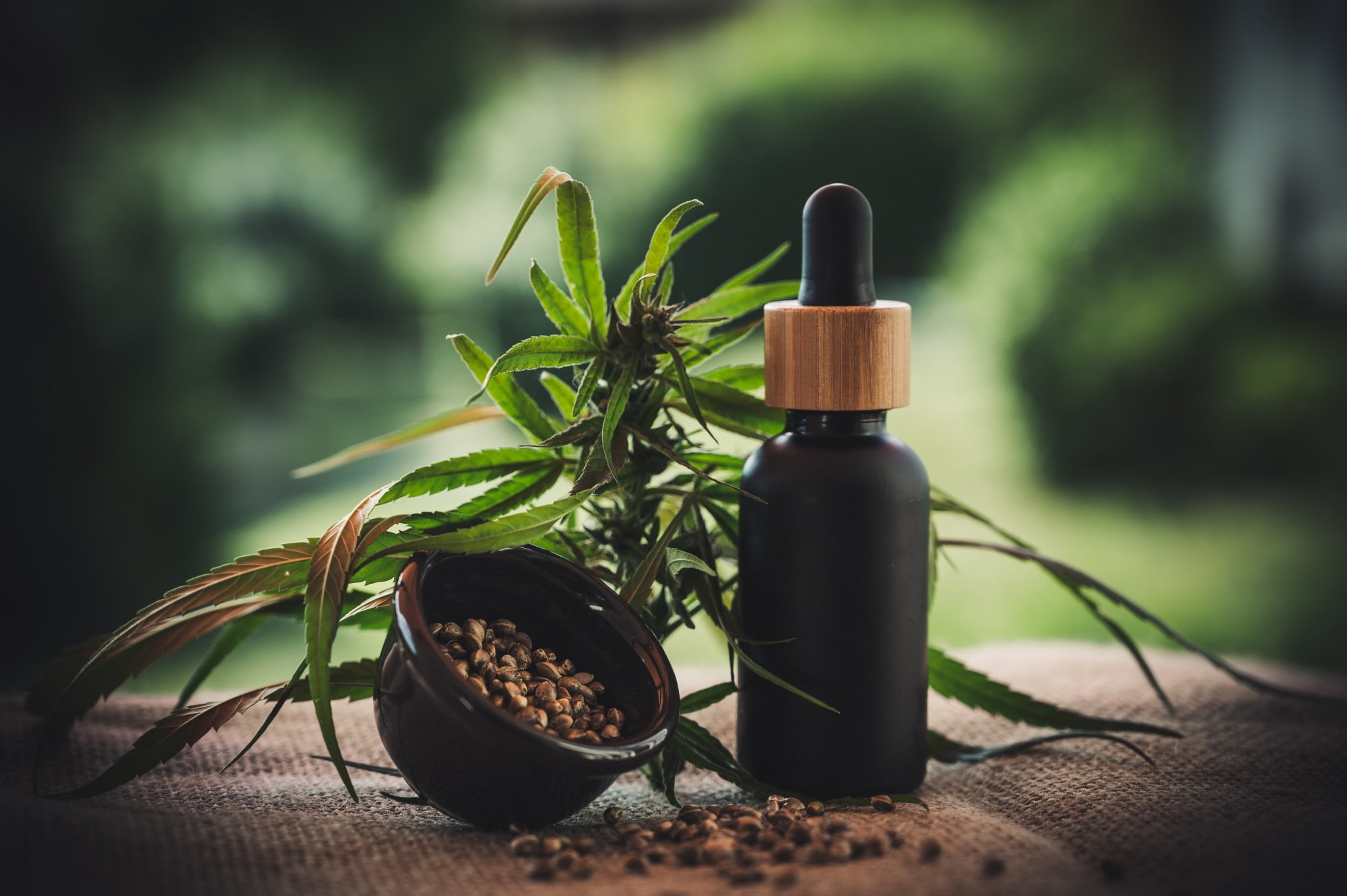An overwhelming share of U.S. adults (91%) says that marijuana should be legal for medical and recreational use. If you suffer from a medical condition that cannabinoids can treat, you need to know your stuff when it comes to THC vs CBN.
Both come from marijuana and contain cannabinoids. But it can be confusing to understand the different properties of THC vs CBN. So how can you make an informed decision on what medical marijuana is suitable for your medical needs?
Read on, and we’ll go through the main differences between THC and CBN.
Different Forms of THC and CBN
There are some key differences to be aware of when it comes to THC vs CBN. For starters, THC is the main psychoactive compound in cannabis, while CBN is a non-psychoactive cannabinoid.
THC and CBN can be found in different forms, such as oil, tincture, and capsules. The form of THC or CBN will determine how it is used and how it affects the body.
For example, oil is the most potent form of THC, while tincture is the most potent form of CBN. CBN gummies are also a great way to consume cannabinoids, as they offer a convenient and delicious way to enjoy all the potential benefits of CBN gummies.
The Difference in Medical Use
CBN and THC are both cannabinoids found in cannabis plants. They are both used for medicinal purposes.
CBN is used to treat a variety of conditions, including pain, inflammation, anxiety, and seizures. THC is used to treat conditions such as pain, inflammation, and appetite loss.
Both CBN and THC are effective at treating these conditions, but they have different mechanisms of action. THC binds to the CB1 receptor, which is found in the brain.
This binding causes the psychoactive effects of THC. CBN does not bind to the CB1 receptor and does not cause the psychoactive effects of THC. This means it does not make people feel “high.” However, CBN has been shown to have some medicinal properties.
It is effective in treating a variety of conditions. It is also being studied for its ability to help people with Alzheimer’s disease.
Differences in Recreational Uses
THC gets you high, while CBN does not. That’s because THC activates the CB1 receptor, which is responsible for the psychoactive effects of marijuana.
CBN, on the other hand, does not directly activate the CB1 receptor. Instead, it inhibits the enzyme that breaks down THC, which means that it can actually reduce the psychoactive effects of THC.
In general, THC is more associated with the recreational uses of cannabis, while CBN is more associated with medical uses. However, both can be used depending on the user’s needs and goals.
Finally, THC is known to be more addictive than CBN. THC tips, If you want to get high, you’re better off smoking cannabis that is high in THC.
The Different Effects
THC (tetrahydrocannabinol) and CBN (cannabidiol) are both cannabinoids found in the cannabis plant. They are both known to have therapeutic benefits but different effects.
CBN does have some therapeutic effects, including the promotion of sleep and appetite and the relief of pain and inflammation. On the other hand, THC is known to produce feelings of euphoria, relaxation, and increased appetite.
So, what are the differences between THC and CBN? For one, THC is more intoxicating than CBN.
This means that it can cause more intense feelings of euphoria and relaxation. Additionally, THC is more likely to cause anxiety and paranoia than CBN.
CBN, on the other hand, is known for its anti-inflammatory and anxiolytic properties. This means that it can help to reduce inflammation and anxiety.
Additionally, CBN is thought to be more effective at treating seizures than THC. Though both offer different effects, they work together to produce the entourage effect.
So, if you’re looking for a psychoactive effect, THC is the compound you want. CBN is the compound you wish to use if you’re looking for a sedative effect.
The Difference in Risks and Side-effects
THC and CBN are two of the most studied cannabinoids. They have been shown to provide relief for various conditions, but they also come with different risks and side effects.
It is also being studied for its potential to treat various other conditions. THC and CBN have been shown to have potential side effects, such as dizziness, paranoia, and fatigue.
THC is also linked to an increased risk of psychosis and anxiety. CBN is well-tolerated, but it is possible to experience side effects, such as dry mouth, diarrhea, and changes in appetite.
Finally, THC is riskier than CBN in terms of its long-term effects; chronic use of THC can lead to addiction and other health problems. CBN tips, you should know that this compound is not known to be addictive or harmful.
Differences in Legal Status
CBN is also legal in most states, while THC is not. THC also has a higher potential for addiction and abuse than CBN.
THC and CBN are getting much well-deserved attention for their potential therapeutic properties. Both THC and CBD are legal in some states, but not all.
CBN is also legal in many countries, even if THC is not. This is because CBN does not have the same mind-altering effects as THC. CBN is also legal in most states, while THC is not. THC also has a higher potential for addiction and abuse than CBN.
The Major Difference Between THC vs CBN
This article is a must-read if you’re curious about the differences between THC and CBN. You’ve learned the unique properties of each compound and how they can impact your experience.
Now you have a better understanding of why it’s essential to know the difference when choosing a cannabis product. So, THC vs CBN, whichever you choose, make sure to start slowly and increase dosage as needed.
Did you find our THC and CBN guide post helpful? Keep browsing for more articles like this one.









